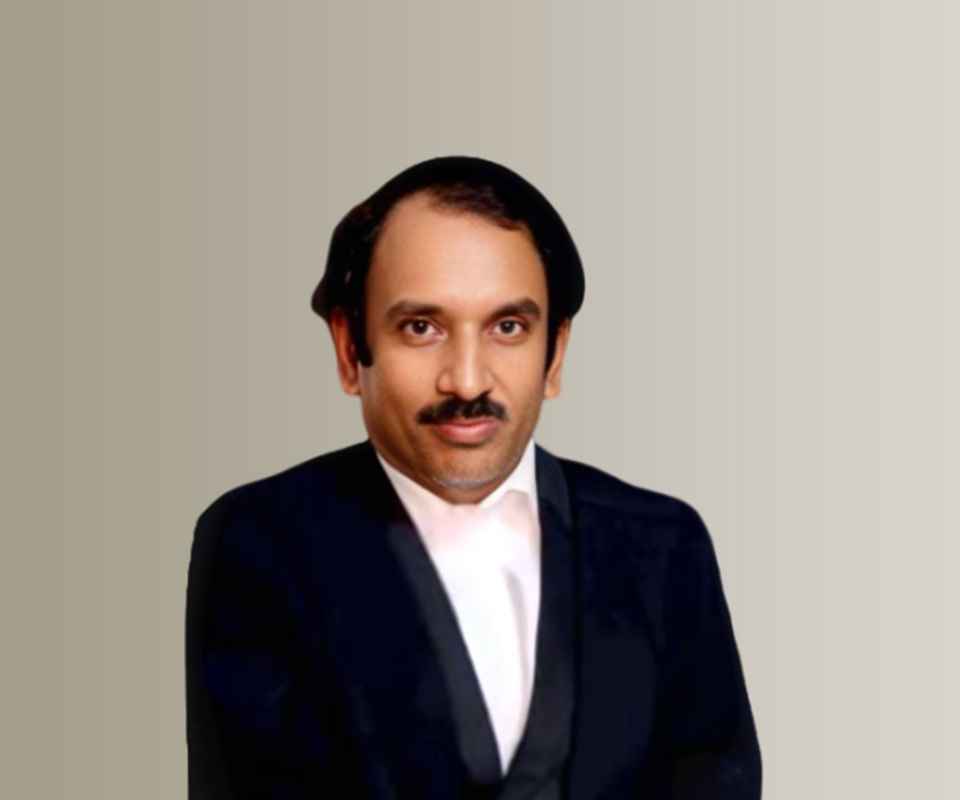Answer By law4u team
If an elderly person suspects that their Power of Attorney (POA) is being misused or exploited, it is crucial that they take immediate steps to revoke the document. The process of revoking a POA involves legal procedures to ensure that the agent no longer has authority to act on their behalf. The elder has the right to terminate the agent’s powers, but the process must be carried out in accordance with the law to be effective.
How Can Elders Revoke A Misused Power Of Attorney?
1. Revoke the POA in Writing:
Create a Revocation Document: The most effective way to revoke a Power of Attorney is by creating a formal revocation document. This document must explicitly state that the POA is being revoked and should include the date the revocation takes effect.
Details to Include: The revocation document should include the full name of the elder (principal), the name of the agent whose authority is being revoked, and a clear statement that all powers granted to the agent are terminated.
Signature and Witnesses: The elder should sign the revocation document, and in some jurisdictions, the document may need to be witnessed or notarized to make it legally binding.
2. Notify the Agent:
Inform the Agent Directly: Once the revocation document is signed, the elderly individual should notify the agent in writing that their authority has been revoked. This ensures that the agent is aware they no longer have the right to act on behalf of the elder.
Retain Proof of Notice: It’s important to retain a copy of the notification and proof that the agent received it, such as a signed acknowledgment or delivery receipt, in case of any future disputes.
3. Notify Relevant Institutions:
Notify Financial Institutions and Healthcare Providers: The elder should inform all relevant parties, such as banks, insurance companies, and healthcare providers, about the revocation of the POA. This ensures that the agent’s powers are removed from all records and systems where they may have access.
Provide Copies of the Revocation: The elder should provide each institution with a copy of the signed revocation document to ensure that the agent’s access to accounts, property, or medical decisions is blocked.
4. Register the Revocation (If Necessary):
Filing with the Court: In certain cases, particularly where the POA was filed with a court or public registry (e.g., a medical POA or financial POA), the revocation document may need to be filed with the same court or registry to ensure the agent’s authority is officially terminated in the public record.
Ensure Removal from Other Records: If the POA has been filed with government or institutional records, make sure to follow up to ensure that the revocation is updated across all platforms.
5. Seek Legal Assistance:
Consult an Attorney: If the elder is unable to revoke the POA themselves due to mental incapacity or if the agent is resisting the revocation, seeking the help of an attorney is crucial. An attorney can guide the elder through the legal process, file the necessary documents, and help ensure the revocation is carried out properly.
Legal Action in Case of Abuse: If the agent refuses to comply with the revocation or if they continue to act against the elder’s wishes, legal action may be required. In extreme cases, a court can invalidate the POA or appoint a guardian to take over the management of the elder’s affairs.
6. Invalidate the POA in Court (If Necessary):
Petition for Guardianship or Conservatorship: If the elder is incapacitated and cannot revoke the POA themselves, family members or concerned parties can petition the court to appoint a guardian or conservator to take control of the elder’s affairs. This legal intervention can override the agent’s authority and protect the elder from further exploitation.
Court Challenge: If an elder is no longer mentally capable of revoking the POA, the concerned family members or other trusted parties may challenge the validity of the POA in court, arguing that the elder was coerced, manipulated, or lacked mental capacity when the POA was granted.
Example:
Mrs. Sharma, an elderly woman suffering from dementia, granted her son a general power of attorney to manage her financial and healthcare decisions. Over time, Mrs. Sharma’s daughter becomes concerned that her brother is misusing the POA for personal gain, including withdrawing large sums of money and making questionable decisions about her mother’s healthcare. Mrs. Sharma’s daughter consults an attorney, who helps her create a revocation document. She signs the revocation, notifies her brother in writing, and provides copies of the revocation to the bank and her mother’s healthcare providers. After confirming that the POA is no longer valid, the daughter petitions the court for guardianship to ensure her mother’s future well-being.
Conclusion:
Revoking a Power of Attorney is a crucial step in protecting an elder from potential abuse or exploitation. Elders or their trusted family members can take legal steps to terminate an agent's authority through a formal revocation process. Notifying relevant institutions, seeking legal assistance, and filing the revocation with the appropriate authorities are important actions to ensure the elder’s interests are safeguarded. In cases where the elder is incapacitated, legal intervention through guardianship or conservatorship may be necessary to fully protect the elder’s rights and property.







